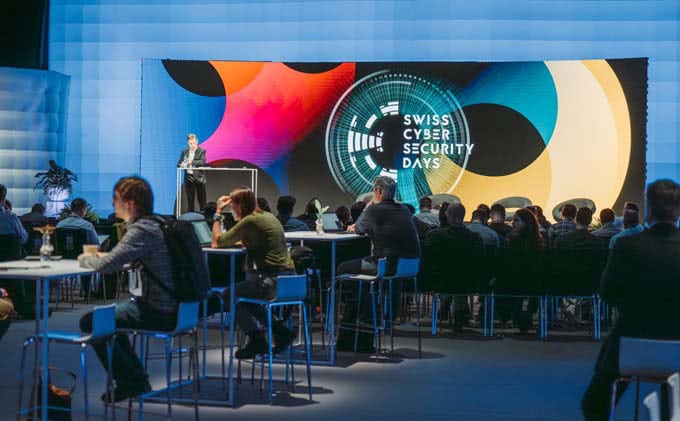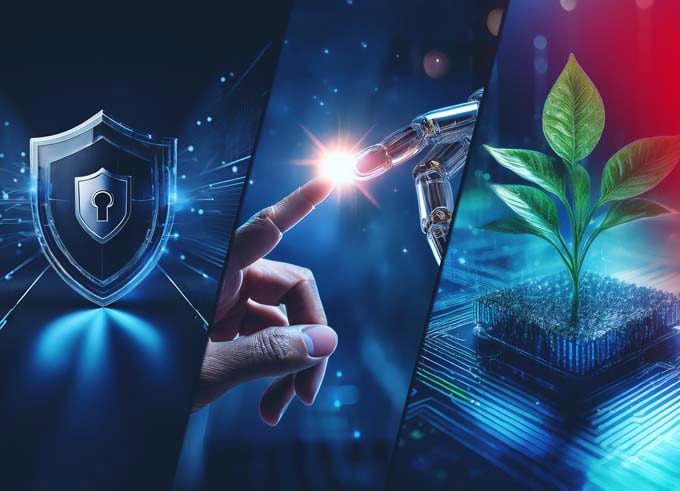TÜV Rheinland tests and certifies MATTER 1.0 worldwide
More than 18 billion smart home devices are in use worldwide. Experts estimate that this figure will rise to 27 billion by 2027: from smart light bulbs and intelligent vacuum cleaners to parking lot monitoring systems for municipalities. But the national requirements and regulations for smart homes are just as varied as their areas of application. As a result, manufacturers or [...]

More than 18 billion smart home devices are in use worldwide. Experts estimate that this figure will rise to 27 billion by 2027: from smart light bulbs and intelligent vacuum cleaners to parking lot monitoring systems for municipalities. However, the national requirements and regulations for smart homes are just as diverse as their areas of application. As a result, manufacturers and retailers are confronted with import and sales difficulties - and consumers are faced with a corresponding drop in device performance. The MATTER standard is intended to bring order to this confusion.
Country-specific features harmonized
MATTER 1.0 is backed by the Connectivity Standards Alliance's (CSA) project consortium with a total of more than 550 participating and internationally active technology companies. It has now developed a protocol that defines standardized, transnational requirements and framework conditions for smart home products. "Users want smart home products that are intuitive to use and offer as many functions and high performance as possible," explains Lourens Koopmans, Senior Expert for Wireless Technologies at TÜV Rheinland. "In addition, the devices should not only function in a specific smart home system, but also be able to communicate with each other in different systems. MATTER harmonizes the different technical and legal country-specific features in a standardized protocol."
Better products thanks to uniform international standards
As a result, MATTER-certified products have improved connectivity and interoperability - regardless of brand or platform. In addition, special technology standards ensure significantly more efficient and therefore more energy-saving device operation. MATTER works via Ethernet, Wi-Fi and Thread and uses Bluetooth Low Energy to connect devices. MATTER 1.0-certified devices should also have an easier time in future when it comes to data protection.
5-year forecast: half of all devices according to MATTER standard
According to estimates by the technology company ABI Research, more than half of all smart home devices will be delivered with Matter support in the next five years. TÜV Rheinland has four of 18 laboratories worldwide where manufacturers can now have both new and existing smart home products tested for MATTER 1.0 criteria such as connectivity, performance and interoperability. "We are familiar with the different conditions, technical standards and certifications of more than 180 countries," continues Koopmans. "Our experts carry out a wide range of tests and check the conformity and documentation requirements of the respective region. This enables manufacturers to enter the market more quickly and safely."
Source: TÜV Rhineland
This article originally appeared on m-q.ch - https://www.m-q.ch/de/tuev-rheinland-prueft-und-zertifiziert-weltweit-matter-1-0/









